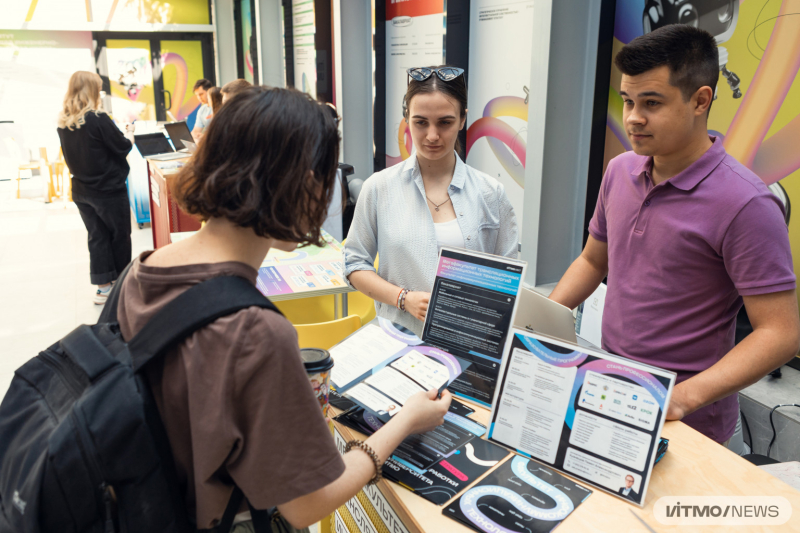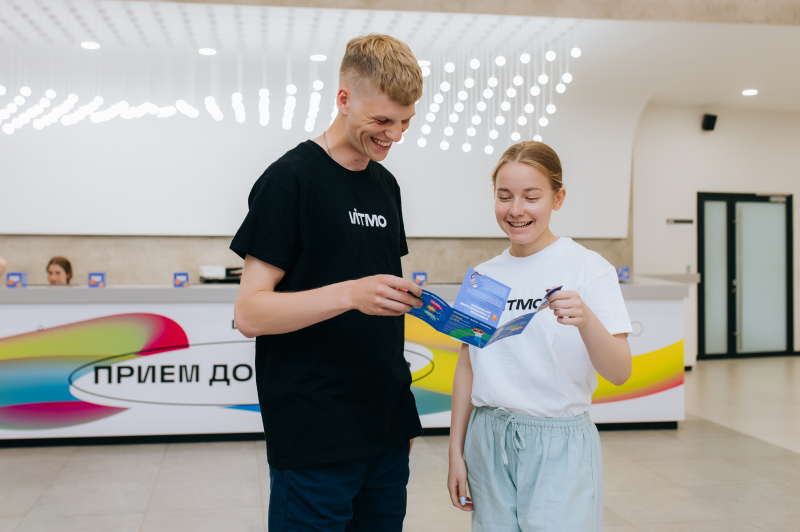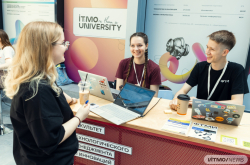In 2023, ITMO University received a total of 1,205 applications for PhD programs – a 35% increase compared to last year’s 885. The competition reached an average of four applicants per position. Overall, 291 PhD students were admitted to tuition-free positions.
As usual, the most applied-for subject area was IT – and AI-related programs in particular. This year, more than 200 applicants competed for 31 tuition-free positions in Artificial Intelligence and Machine Learning; Mathematical Modeling, Numerical Methods, and Programs; and Theoretical Informatics, Cybernetics. Similar trends were observed for Information Security and Optics.
The competition was especially high for humanities specializations: 18 applicants per position for Philosophical Anthropology and Philosophy of Culture.
PhD studies at ITMO remain a popular option among international students. In 2023, students from 40 countries submitted their applications; among the accepted are natives of 24 countries, including Spain, Australia, as well as Asian and Latin American countries, who will study at ITMO University in the 2023-2024 academic year.

ITMO's 2023 Admissions Campaign. Photo by Viktoria Shapovalova / ITMO Mediaportal
All in all, the university offered 54 specializations in 17 subject areas, including natural, technical, agricultural, and social sciences as well as humanities. Since 2017, ITMO University has reserved the right to independently grant PhD and DSc degrees and form academic degree councils of experts within the corresponding fields.
Applicants can also pre-select their supervisors and thesis topics prior to their enrollment. In 2023, prospective PhD students could choose from among 285 supervisors and 850 topics – or propose their own research ideas.
An innovation of this year is a combined Master’s and PhD track, within which students can enroll into PhD programs exam-free and shorten their time of study at the university from six to four years by taking higher-degree courses in advance. As of now, the track is open for seven Master’s programs, namely Physics of Radio-Frequency Technologies; Photonics and Spintronics; Advanced Quantum and Nanophotonic Systems; Applied Photonics; Systems Analysis and Control; Infochemistry; and Chemistry and Artificial Intelligence.





